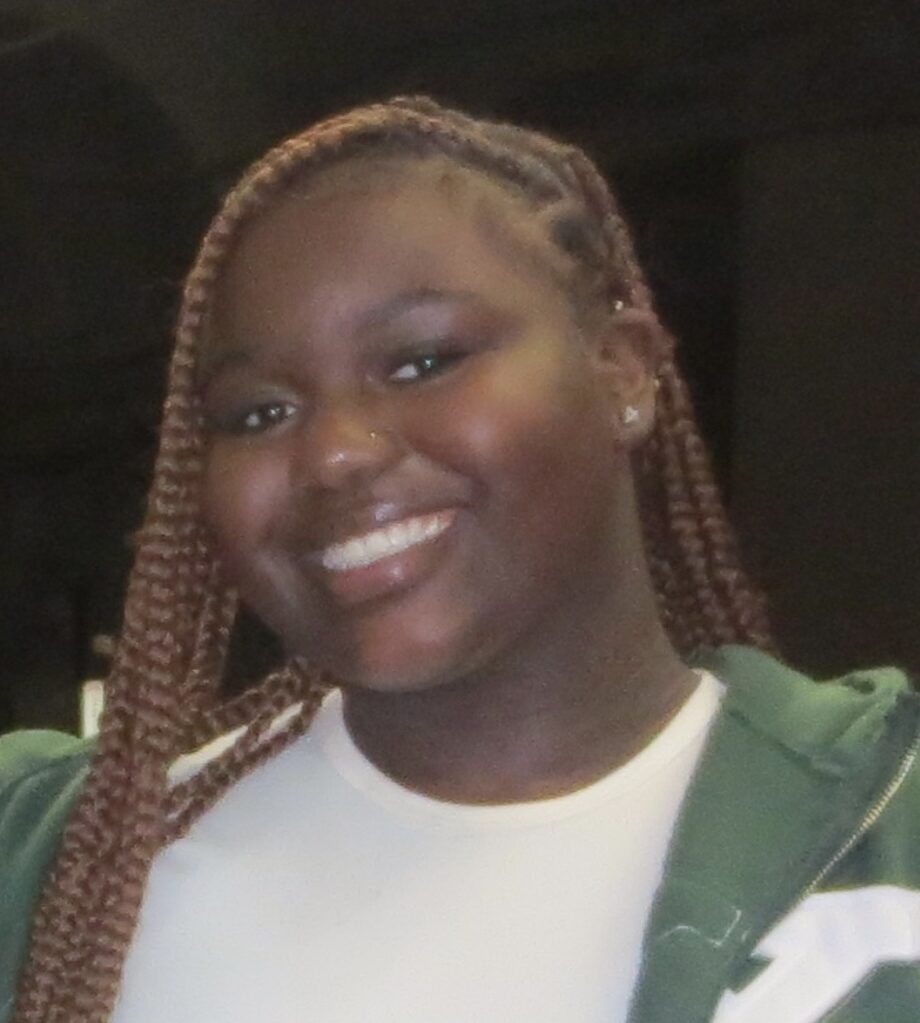While completing my internship with MEFA, I had the pleasure of interviewing three Massachusetts Department of Children & Families (DCF) workers, Kristen Cumberbatch, Laurie Hernande, and Seth Riker. DCF works together with families and communities to keep children safe from abuse and neglect. Working in this kind of career can be difficult, but all three of these individuals have been able to push through the challenges that came their way and continue to leave a positive impact on every family they connect with. I spoke to them to learn more about the path they each took to their current job and the advice they would give to others.
Seth Riker, who’s been working for DCF for about 27 years, always had an interest in helping kids and giving back. Back in high school he took an interest in sociology and took a deep dive into the material. He noticed a lot of the different groups of students in school and how they were treated or the resources that they didn’t have. He always thought of being a social worker. He started off studying psychology and then shifted to social work. The more he spent time in his career with teens and working on their cases, the more he enjoyed it and tried to help them as much as he could.
Kristen Cumberbatch initially went to school for criminal justice to become a cop. Eventually she changed her major to social work after she got an internship at a group home, which completely shifted her route.
Laurie Hernande was trying to choose between education and sociology as a college major. She eventually chose sociology. Out of college she worked at a group home and then went for her masters in guidance counseling, since she always loved the education side of things even while pursuing social work.
All three individuals agree that if you plan to go into social work, it’s extremely important to have internships that help you prepare for the reality of a social work job. For example, Seth got an internship at the Brockton Multi Services Center, Laurie at West Roxbury High School, and Kristen at the West Roxbury Courthouse. All these places eventually helped them learn from day-to-day life in a social work career. In a way, the internships opened their eyes to what was going to come next in their career.
Seth, who has been at DCF the longest, says in social work, “you will plant a lot of seeds,” and so he always wanted to stay in contact with people he helped to continue to try and make a difference, He says that, whether the outcome is positive or negative, it’s all about continuing the work and trying to make a change in someone’s life. The positive impact you are able to leave on people’s lives is what has kept him at DCF for so long. The rewarding piece of it, knowing that you are changing someone’s life for the good and being able to watch them grow from their struggles, is one of the best parts about the job.
All three DCF workers agree that the hardest part of the job is when you are trying to fix a problem, but the parents are not on the same page as you. Learning to set boundaries for yourself and trying to not overwork, thinking that you can fix or solve everything and anything, is also a struggle that most social workers and DCF workers go through.
Kristen, Laurie, and Seth said that good qualities to have as a DCF worker are being flexible, caring, strong (mentally and physically), and compassionate. They all agree to, “just take it one day at a time, as you never know what experience you’re going to go through.” Starting out, it’s hard, but it becomes better and it’s a great, rewarding job. And even though there will be doubts, you will be able to push through whatever needs to get done. They all believe that when you are pushed to your limit, that’s when you grow, and you learn how far you can go.













